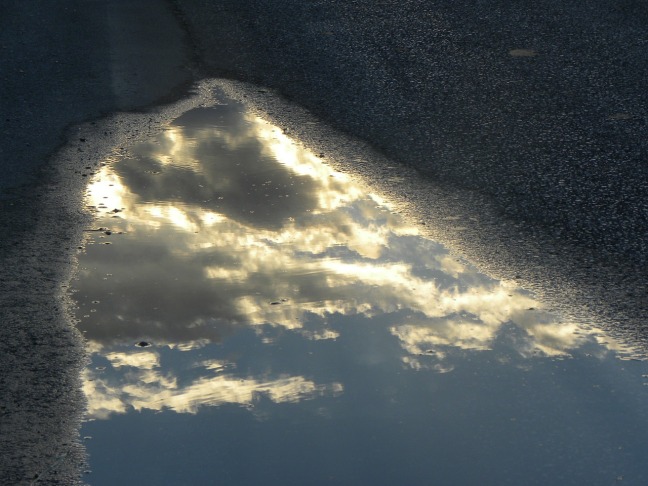 I don’t remember learning to read and write. The way my mother tells it, she discovered me at age three reading an ancient copy of Fun with Dick and Jane I’d unearthed somewhere, and I’ve been writing almost as long. Reading and writing were a continuum, not separate from one another. I loved the shape of letters – the teepee of A, the crawling snake of S. I loved stringing them into words and sentences. I loved the escape of books. They were magical objects, portals into other worlds. I didn’t think about how they came into being, the mechanics of someone sitting down to think about character and setting, cross things out, scrawl notes in the margins of typewritten pages. I didn’t dream of writing. I just wrote.
I don’t remember learning to read and write. The way my mother tells it, she discovered me at age three reading an ancient copy of Fun with Dick and Jane I’d unearthed somewhere, and I’ve been writing almost as long. Reading and writing were a continuum, not separate from one another. I loved the shape of letters – the teepee of A, the crawling snake of S. I loved stringing them into words and sentences. I loved the escape of books. They were magical objects, portals into other worlds. I didn’t think about how they came into being, the mechanics of someone sitting down to think about character and setting, cross things out, scrawl notes in the margins of typewritten pages. I didn’t dream of writing. I just wrote.
I put on plays in garages and backyards. Frankly, the audience was kind of secondary. It was the characters I was in love with. I practiced getting their voices right. 
Tom Sawyer said, “You there” and Dorothy sounded plaintive; Peter Pan was cocky and Hook flamboyant. I wrote poems, too, about zebras and the ocean and pollution.

I liked meter and rhyme. I liked typing and illustrating. Writing poems was play.
As a teenager, my poems moved from paeans to bubblegum and spring toward more personal subjects. I was polite, though, correct. I wrote for the A even when I was writing for myself. My journals were wilder. Sometimes I swore like a truck driver. I detailed dreams; I wrote blush-worthy, cringe-worthy things. In these pages, a different, darker, truer kind of writing began to take shape. I took just one writing class in college – poetry. I wrote pretty terrible stuff. But I was practicing. And I continued to read voraciously. I started to think I’d like to write and teach. For a long time, when people asked what I did, I put it that way, as verbs. I write versus I’m a writer. I wasn’t ready to identify as a noun. Continue reading Why I Write







